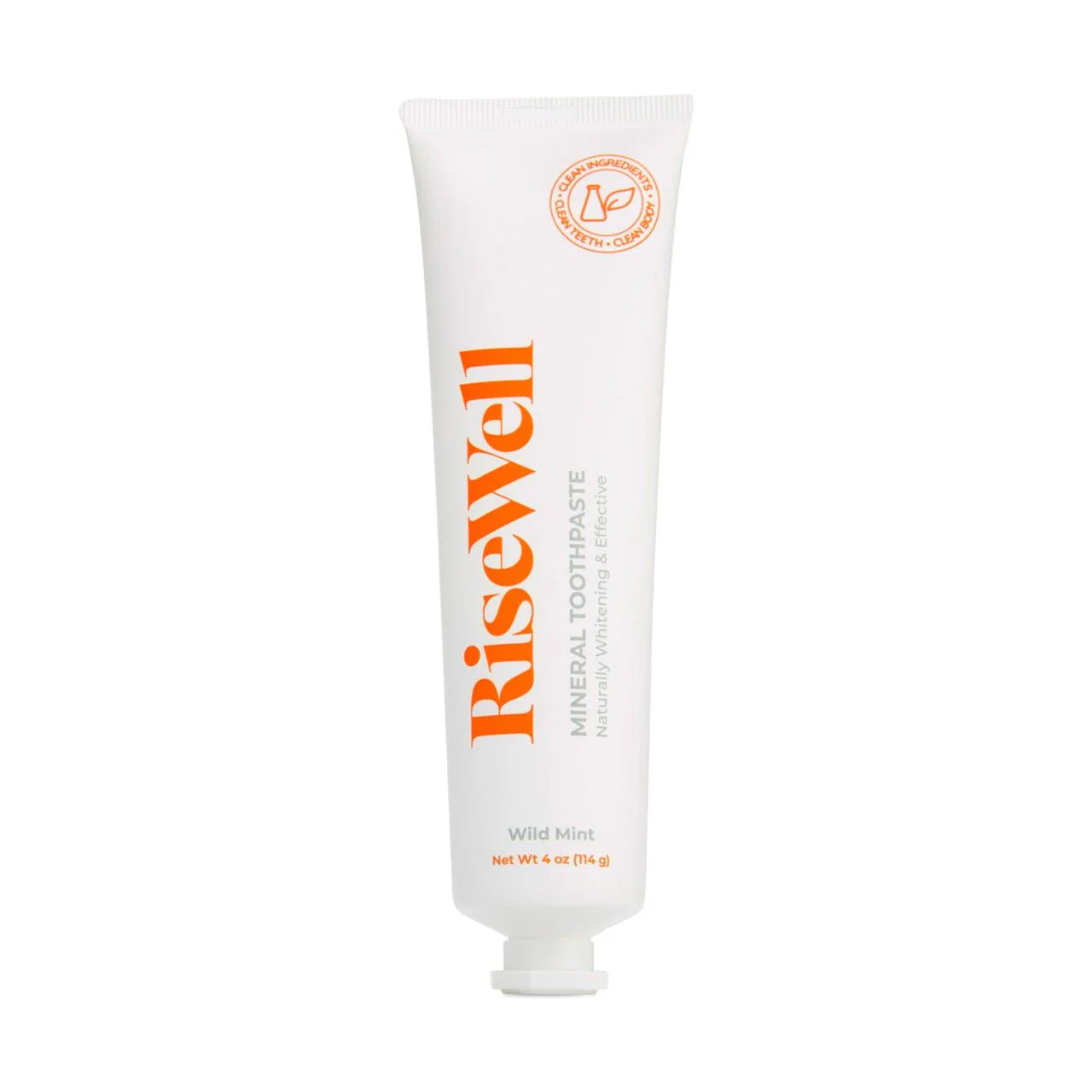
5 Essential Minerals for Healthy Teeth and Gums
Understanding the Role of Minerals in Toothpaste
Minerals play a vital role in maintaining good oral health. They help strengthen teeth, improve enamel, and prevent decay. Various minerals are commonly found in toothpaste. These components work in synergy to promote better dental hygiene. This article explores the different minerals used in toothpaste, their benefits, and their functions.
The Importance of Fluoride
Fluoride is one of the most recognized minerals in toothpaste. It is well-known for its ability to prevent cavities. When fluoride is applied to the teeth, it enhances the process of remineralization. This process repairs damaged enamel. As a result, fluoride makes teeth more resistant to acids produced by bacteria.
Furthermore, fluoride helps in the formation of stronger enamel. It does this by integrating with the mineral structure of the teeth. Hence, fluoride creates a protective barrier against decay. Many dental professionals recommend fluoride toothpaste, especially for children. Education about the importance of fluoride has been crucial in promoting better oral hygiene.
In addition to its protective qualities, fluoride can reverse early signs of tooth decay. Many studies confirm that fluoride’s effectiveness extends beyond cavity prevention. Regular use of fluoride toothpaste may also lead to a healthier smile. As such, fluoride plays an essential role in the daily oral care routine.
While fluoride is beneficial, some people may be concerned about its safety. However, when used as directed, it poses no significant risk. Dental experts emphasize that the benefits of fluoride far outweigh the risks. Therefore, individuals and families are encouraged to choose fluoride-containing toothpaste.

Calcium’s Contribution to Dental Health
Calcium is another crucial mineral found in toothpaste. This mineral is essential for maintaining strong teeth and bones. It works by replenishing the minerals in the enamel. Calcium helps prevent decay by supporting the overall health of teeth. Its presence in toothpaste contributes to the mineralization process during brushing.
Moreover, calcium helps buffer the acidity produced by plaque. Acidic conditions can erode enamel, leading to cavities. By neutralizing these acids, calcium plays a protective role. Some toothpaste brands specifically market calcium-infused formulas. These products appeal to consumers concerned about enamel strength.
Additionally, research has shown that calcium can strengthen existing enamel. Regular use of calcium-containing toothpaste may lead to healthier teeth over time. Calcium not only promotes dental health but also enhances overall well-being. Getting sufficient calcium is essential for keeping the body functioning optimally.
Including calcium in dental hygiene routines can have lasting effects. It encourages individuals to be proactive about their oral health. Integrating calcium into a broader nutritional plan is equally important. A balanced diet rich in calcium contributes to overall health.
The Role of Phosphate
Phosphate works closely with calcium in toothpaste formulas. Both minerals contribute to strengthening enamel. Phosphate aids in the remineralization process. Together, calcium and phosphate create a powerful combination for teeth. This synergy enhances the overall efficacy of toothpaste.
Phosphate also helps maintain the pH balance in the mouth. A neutral pH level is crucial for oral health. An acidic environment can promote the growth of harmful bacteria. By supporting a balanced pH, phosphate helps create a healthier oral environment.
Some research indicates that phosphate may have additional benefits. It can improve the re-mineralization of early carious lesions. This property makes phosphate a valuable addition to dental products. Many toothpaste manufacturers recognize its importance in formulations.
Phosphate can also help in reducing sensitivity. Sensitive teeth often experience discomfort due to exposed dentin. Some phosphate-containing toothpaste may alleviate this issue. By filling microscopic tubules in the dentin, sensitivity may be reduced.
Furthermore, incorporating phosphate-rich toothpaste into daily routines can lead to noticeable improvements. Users often report stronger, healthier teeth after consistent use. Awareness of phosphate’s effectiveness can lead to better choices in dental care.

Zinc’s Dual Benefits
Zinc is another essential mineral found in certain toothpaste formulations. Known for its antibacterial properties, zinc combats harmful bacteria. It plays a critical role in controlling plaque buildup. Therefore, zinc-containing toothpaste can significantly improve oral health.
Minerals in toothpaste:Moreover, zinc has a unique ability to reduce bad breath. Bad breath is often linked to bacterial accumulation in the mouth. Zinc actively neutralizes volatile sulfur compounds, which cause halitosis. Consequently, this mineral serves dual purposes: fighting bacteria and combating bad breath.
Zinc also contributes to gum health. Healthy gums are fundamental to overall oral health. By inhibiting bacterial growth, zinc helps prevent gum disease. Many dental professionals advocate for zinc-infused toothpaste. This recommendation is particularly beneficial for those with periodontal concerns.
While the benefits of zinc are numerous, moderation is essential. Excessive use of zinc may have adverse effects. However, when used within recommended guidelines, it enhances oral hygiene. Balancing the use of zinc-based products with other dental hygiene practices is key.
Regular use of zinc toothpaste can lead to noticeable improvements in mouth health. Users often experience fresher breath and less plaque buildup. This mineral serves as an effective tool in the quest for optimal oral health. Awareness about the various benefits of zinc encourages users to make informed decisions.
Silica and Its Abrasive Properties
Silica is a mineral frequently used as an abrasive in toothpaste. It assists in the effective removal of plaque and stains. Silica has a texture that allows for gentle scrubbing action. This quality aids in polishing teeth without causing damage. Therefore, silica contributes to a bright and healthy smile.
While silica provides cleaning benefits, it also plays a role in the formulation of toothpaste. It helps create the desired consistency and texture. This makes toothpaste pleasant and easy to use. Silica enhances the overall experience of brushing teeth.
Furthermore, silica supports the remineralization process. By removing debris and stains, it allows fluoride and other minerals to work effectively. A clean surface ensures that these beneficial components can penetrate enamel. Consequently, toothpaste containing silica may yield better results.
Care must be taken to choose the right type of silica. Some types of silica can be too abrasive for sensitive teeth. Therefore, it is essential to assess individual needs. Many toothpaste manufacturers ensure that silica formulations are safe for regular use.
Minerals in toothpaste:Regular use of silica-containing toothpaste can lead to healthier teeth. Users often notice a reduction in surface stains and improved brightness. Silica serves an important role in maintaining dental aesthetics. This mineral boosts confidence by enhancing the appearance of the teeth.

The Benefits of Other Trace Minerals
In addition to the major minerals, several trace minerals are beneficial in toothpaste formulations. Minerals like magnesium and potassium can support dental health. While they are not as prominently featured as fluoride or calcium, their roles are significant.
Minerals in toothpaste:Magnesium aids in the development of strong tooth structures. It also enhances the remineralization process, supporting overall oral health. Potassium, conversely, is known for its ability to reduce tooth sensitivity. Tooth sensitivity can be a discomforting issue for many individuals.
Furthermore, potassium works by blocking signals from the nerves in the teeth. This mechanism can provide relief for those who experience sensitivity during certain activities. Certain toothpaste formulations highlight the benefits of these trace minerals. They attract those looking for comprehensive dental care solutions.
Awareness of trace minerals can lead to better choices for oral hygiene. Not all toothpaste is created equal. Consumers should look for products that incorporate beneficial trace minerals. These products can enhance overall effectiveness and support dental wellness.
Incorporating toothpaste with these trace minerals into daily routines promotes better oral health. Individuals may notice lasting benefits, such as reduced sensitivity and stronger enamel. This emphasis on comprehensive care can foster long-term dental health.
Choosing the Right Toothpaste
Minerals in toothpaste:Selecting the appropriate toothpaste is crucial for achieving optimal oral health. Individuals should consider their specific needs when making this choice. For example, people with sensitive teeth may benefit from potassium-enriched formulas. Those prone to cavities might prefer fluoride-rich options.
Furthermore, individuals with a tendency toward gum disease should look for toothpaste containing zinc. By knowing these factors, consumers can make informed decisions about their oral health. This knowledge empowers individuals to take charge of their dental care.
Additionally, understanding the ingredients in toothpaste is vital. Reading the labels can unveil the included minerals and their functions. Consumers should seek formulations that leverage the benefits of multiple minerals. This holistic approach enhances the overall effectiveness of toothpaste.
Lastly, consulting with dental professionals can provide valuable insights. Dentists can recommend products tailored to individual needs. They can guide patients in identifying effective formulas. Personal consultations can foster better understanding and encourage better hygiene practices.
Understanding the role of minerals in toothpaste is essential for maintaining dental health. Each mineral serves a purpose that contributes to better oral hygiene. By incorporating mineral-rich toothpaste into daily routines, individuals can achieve healthier teeth and gums.

Conclusion: The Future of Mineral-Enriched Toothpaste
Minerals have played a significant role in the evolution of dental care. From fluoride to trace minerals, each component contributes uniquely to oral health. These minerals work together to strengthen teeth, prevent decay, and improve overall hygiene.
As research continues to evolve, new minerals may emerge. Innovations in dental care hold promise for enhancing oral hygiene further. Manufacturers are continually developing formulas that leverage the latest findings. Ensuring that consumers receive the best possible products is a priority.
Future advancements may lead to tailored toothpaste for specific dental needs. Customized formulations could cater to individuals looking for targeted solutions. Personalization may become a standard practice in dental care.
Beyond toothpaste, the role of minerals in oral hygiene is expanding. Dentists may explore integrating mineral-rich rinses for additional protection. These developments can complement daily brushing and improve overall oral health.
In conclusion, understanding the minerals in toothpaste is crucial. Making informed choices can lead to healthier teeth and gums. Emphasis on mineral-rich products supports the ongoing quest for better oral hygiene. Ultimately, users can achieve brighter smiles and improved dental wellness.

